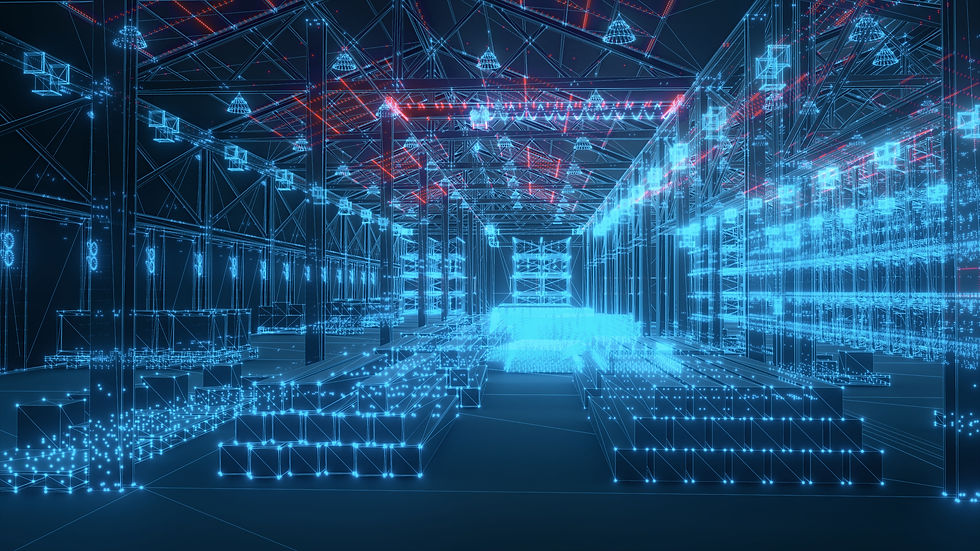Cognitive K.i. Empowering AI Solutions for Professionals in Diverse Fields

Cloud Computing
Cloud computing is the practice of delivering computing resources, like servers, storage, databases, and networking, over the internet, rather than relying on physical servers on-site. Essentially, it provides access to these services on demand, allowing users to access them from anywhere with an internet connection.
Cloud Computing
k.i. - Cloud Computing
Cognitive K.i. Cloud computing delivers computing services, including servers, storage, databases, networking, software applications, analytics, and intelligence, over the Internet (“the cloud”). It offers flexible resources, faster innovation, and economies of scale.
The Cognitive K.i. Cloud Architecture
The architecture is divided into three layers: the front end, the cloud infrastructure, and the back end. The front end comprises the user interfaces and applications that allow users to interact with cloud services through web browsers and mobile applications. The cloud infrastructure, or the back end, consists of the various hardware and software components that deliver services. This includes servers, databases, nodes, and storage systems in our data centers.
The design of Cognitive K.i. cloud architecture follows a service model that can be categorized into three distinct types: Infrastructure as a Service (IaaS), Platform as a Service (PaaS), and Software as a Service (SaaS). IaaS provides virtualized computing resources over the internet, enabling our clients to rent servers and storage. PaaS offers a platform allowing users to build, deploy, and manage applications without dealing with the underlying infrastructure. SaaS delivers software and applications via the internet, eliminating the need for installation on local devices.
Storage Solutions in Cognitive K.i. cloud Computing
Data storage in cloud computing is pivotal for its functionality, enabling users to store, manage, and retrieve vast amounts of data efficiently. Cloud storage typically employs distributed systems where data is split and replicated across multiple servers in different geographical locations. This not only enhances accessibility and performance but also fortifies data protection strategies.
Cognitive K.i. Cloud storage solutions utilize redundant configurations, an essential feature for operational reliability. By employing data redundancy, Cognitive K.i. Cloud ensures that copies of data are securely maintained across various nodes. If a server or data center fails, the system can automatically reroute requests to alternative nodes hosting the same data, thus maintaining uninterrupted service availability.
Object storage offers greater scalability and performance. Object storage allows storing and retrieving unstructured data using a RESTful API, which is particularly beneficial for big data analytics and content delivery.
Security in Cognitive K.i. cloud
Cognitive K.i. Cloud implements a multi-layered security approach that includes physical security measures for data centers, network security protocols, and robust identity access management systems.
Cognitive K.i. Cloud has employed RSA-256 encryption techniques to protect data at rest and in transit. Encryption converts data into a coded format, making it accessible only to authorized users. Regular security audits and compliance checks with industry standards, such as ISO 27001, GDPR, and HIPAA, are conducted to ensure robust data protection.
Balancing Global Data Centers and Edge Computing
A critical aspect of effective Cognitive K.i. Cloud computing architecture involves deploying global data centers and hubs to store and manage data. These data centers balance load and performance, enabling scalable services that adapt to user demands, the geographical diversity of K.i. Data centers foster improved data access speeds and resilience against localized disruptions.
Cognitive K.i. Clouds use edge computing to process data near the source of their generation rather than rely solely on centralized data centers. Edge computing enhances user experience by minimizing latency, particularly for applications requiring real-time data processing.
Achieving 100% Efficiency
Cognitive K.i. Achieves 100% efficiency in cloud computing with a comprehensive approach incorporating redundancy, load balancing, and node performance optimization. Each server operates as an independent node within a distributed system, facilitating rapid data access and seamless performance. Advanced algorithms can intelligently manage load distribution, ensuring no single node becomes a bottleneck while maximizing resource utilization.













